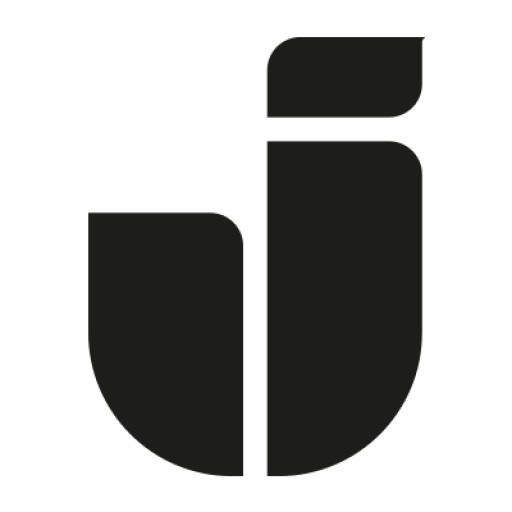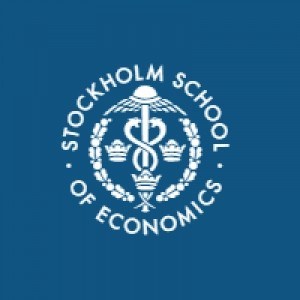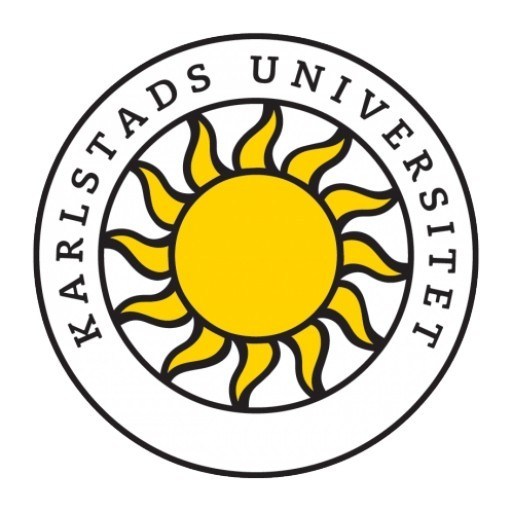Photos of university / #jonkopinguni
The Bachelor Programme in Economics, Trade and Policy at Jönköping University offers a comprehensive education designed to equip students with a deep understanding of economic principles, international trade dynamics, and policy analysis. This programme provides a solid foundation in microeconomics and macroeconomics, enabling students to analyze economic issues critically and develop effective solutions. Throughout the programme, students gain insights into global markets, trade strategies, and economic development, preparing them for a variety of careers within the private and public sectors. The curriculum emphasizes not only theoretical knowledge but also practical skills such as data analysis, policy evaluation, and strategic decision-making. Students have opportunities to participate in case studies, internships, and collaborative projects with companies and organizations, fostering real-world experience and professional networks. The programme focuses on developing analytical thinking, quantitative skills, and ethical considerations in economic decision-making. Graduates from this programme are well-prepared for careers in international organizations, consulting firms, government agencies, and multinational corporations, or for further studies in economics, international business, or public policy. The programme is delivered in an engaging learning environment with access to modern facilities and close interaction with faculty members who are experts in their fields. Additionally, students benefit from studying in a multicultural setting that enhances intercultural competence and global awareness. Overall, the Bachelor Programme in Economics, Trade and Policy at Jönköping University aims to produce graduates who are not only knowledgeable about economic and trade theories but also capable of applying these principles effectively in real-world contexts to promote sustainable economic growth and development.
The Master's Programme in Economics, Trade, and Policy at Jönköping University offers students a comprehensive and in-depth understanding of economic theories, international trade dynamics, and policy formulation. This program is designed to prepare graduates for careers in various sectors, including government agencies, international organizations, consulting firms, and private corporations. Throughout the programme, students will explore fundamental economic principles and their practical applications in real-world scenarios, gaining valuable insights into how economic policies influence global markets and regional development.
The curriculum combines rigorous coursework in microeconomics, macroeconomics, and econometrics with specialized modules focusing on international trade, globalization, economic integration, and policy analysis. Students will develop critical skills in data analysis, economic modeling, and research methodologies, enabling them to evaluate and develop effective economic policies. Additionally, the programme emphasizes the importance of understanding the socio-economic impacts of trade policies and economic reforms, encouraging students to think critically about sustainability, equity, and ethical considerations in economic decision-making.
Throughout their studies, students will engage in case studies, group projects, and simulations that mirror the complexities of current economic challenges. The programme also provides opportunities for internships and collaboration with industry partners, facilitating practical experience and professional networking. With a strong emphasis on global perspectives, the curriculum ensures that graduates are well-equipped to analyze and address economic issues in an increasingly interconnected world.
Graduates of this Master's Programme will be prepared for roles in policy analysis, economic advisory, international development agencies, and research institutions. They will possess advanced analytical skills, a nuanced understanding of economic systems, and the ability to formulate policies that promote sustainable growth and social well-being. The programme at Jönköping University aims to foster innovative thinking and responsible decision-making, empowering students to make meaningful contributions to economic development locally and globally.
Program requirements for the Bachelor's Programme in Economics, Trade and Policy at Jönköping University include a completed application form submitted through the university's online portal by the specified deadline. Applicants must hold a recognized upper secondary school diploma or equivalent that grants eligibility for university studies in their home country. Proficiency in English is required, demonstrated through a valid test score such as IELTS with a minimum overall band score of 6.0 or TOEFL iBT with a minimum score of 80. Additionally, applicants are expected to have completed courses in mathematics and social sciences during secondary education, which provide a foundation for understanding economic theories and quantitative analysis. The program favors candidates with strong analytical skills, interest in current economic and political issues, and an ability to interpret global trade dynamics. Prior experience or knowledge of statistics and research methods can be advantageous but is not mandatory. As part of the application process, applicants may need to submit a motivational letter explaining their interest in economics, trade, and policy, along with a curriculum vitae detailing academic background and relevant extracurricular activities. Once admitted, students are required to complete foundational courses in microeconomics, macroeconomics, and international trade, as well as courses in political science and public policy. Attendance at all lectures and seminars is compulsory, and students must participate actively in discussions and group projects. The program emphasizes critical thinking, data analysis, and the practical application of economic concepts to real-world issues, preparing graduates for careers in government agencies, international organizations, or private sector companies engaged in trade and economic development. To maintain good academic standing, students must achieve a minimum passing grade in all courses, typically a D or higher, and complete all mandatory coursework within the stipulated timeframe. Internships or practical training placements may be encouraged or integrated into the curriculum to enhance students' practical understanding of economic policies and trade practices. As part of the hybrid learning approach, students are expected to engage with online modules, group assignments, and in-person lectures, which are scheduled throughout the academic year. Upon successful completion of the program, graduates receive a Bachelor of Science in Economics, Trade and Policy, qualifying them for entry into graduate programs or direct employment opportunities aligned with their field of expertise.
The financing of the program in Economics, Trade and Policy at Jönköping University is primarily supported through a combination of tuition fees, scholarships, government funding, and possible student loans. Tuition fees are charged to international students, with the amount varying depending on the specific program and nationality of the applicant. Jönköping University offers several scholarship opportunities aimed at attracting high-achieving students; these scholarships can cover a portion or the total tuition fee and are awarded based on academic merit. The Swedish government provides financial support for Swedish and EU/EEA students in the form of student loans and grants through the Swedish Board of Student Finance (CSN), which can assist eligible students with living expenses and tuition costs. Additionally, the university may have partnerships with private and public organizations that provide project funding, research grants, and sponsorships to support both the institution and its students. International students are advised to explore external scholarship options from their home countries or international organizations that support study abroad. The program’s overall budget includes funds allocated for faculty salaries, campus facilities, learning resources, and program development, which are financed through university revenues, government grants, and philanthropic contributions. Students enrolled in the program may also have opportunities for part-time work during their studies, which can supplement their finances. Moreover, the university occasionally offers alumni and partner discounts or financial aid programs to assist students in managing the costs associated with pursuing their degree. The combination of these financial sources ensures the sustainability of the program and supports students in obtaining a high-quality education in Economics, Trade and Policy.
The Master's Programme in Economics, Trade and Policy offered at Jönköping University is a comprehensive advanced degree designed to equip students with in-depth knowledge of economic theories, international trade mechanisms, and policy analysis. The program aims to prepare graduates for careers in various sectors such as government agencies, international organizations, consultancy firms, and private corporations where economic and trade expertise is essential. Throughout the program, students engage with core courses that cover macroeconomics, microeconomics, international trade theory, and the economic policies that influence global markets. Special attention is given to contemporary issues such as globalization, economic development, and sustainable growth, enabling students to analyze complex economic challenges critically.
The curriculum also emphasizes practical application through case studies, research projects, and simulations, fostering skills in economic modeling, statistical analysis, and policy evaluation. Students have opportunities to learn about trade negotiations, economic integration, and regulatory frameworks affecting international commerce. Additionally, the program offers elective courses allowing students to tailor their studies to specific interests such as digital economies, environmental economics, or financial markets, providing a versatile skill set relevant in a rapidly changing global economy.
Jönköping University's programme is taught by experienced faculty members who are active researchers and practitioners in the field of economics and trade. The program promotes an international outlook, with students coming from diverse backgrounds, and often includes guest lectures and seminars from industry experts and policymakers. The university also encourages networking and collaboration through internships, study trips, and participation in conferences, enhancing job prospects upon graduation.
Upon completing the program, graduates will have developed analytical thinking, problem-solving abilities, and a solid understanding of economic and trade policies, making them well-prepared for leadership roles that require a strategic and nuanced understanding of economic dynamics. The degree also provides a strong foundation for further academic pursuits, including doctoral studies in economics or related fields. Overall, the Master's in Economics, Trade and Policy at Jönköping University offers a rigorous, globally oriented education that prepares students to contribute meaningfully to economic development and policy formulation on an international scale.









